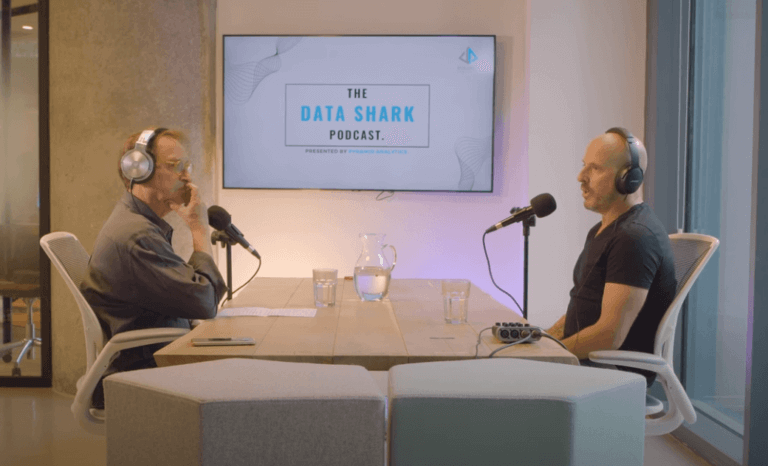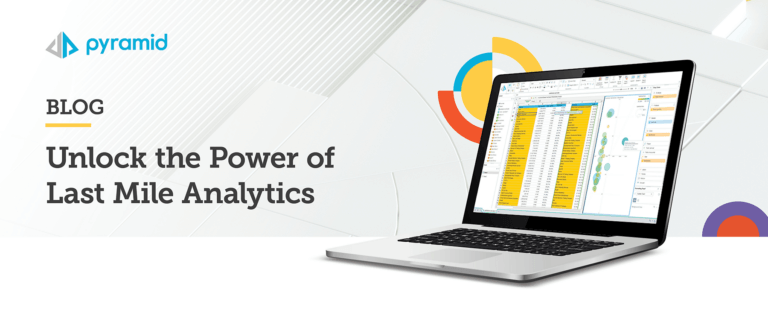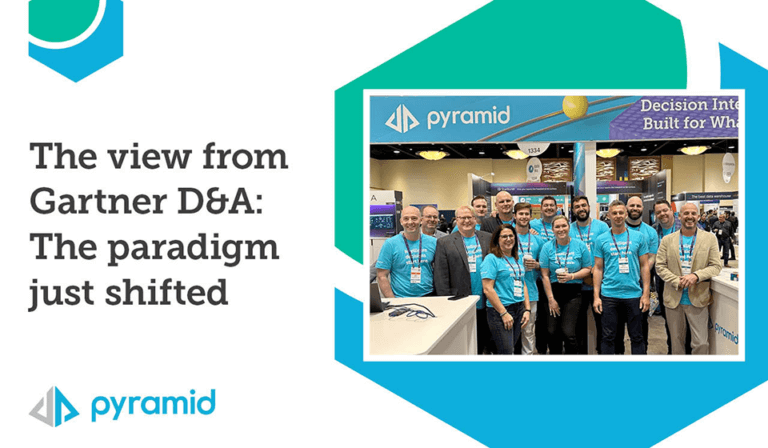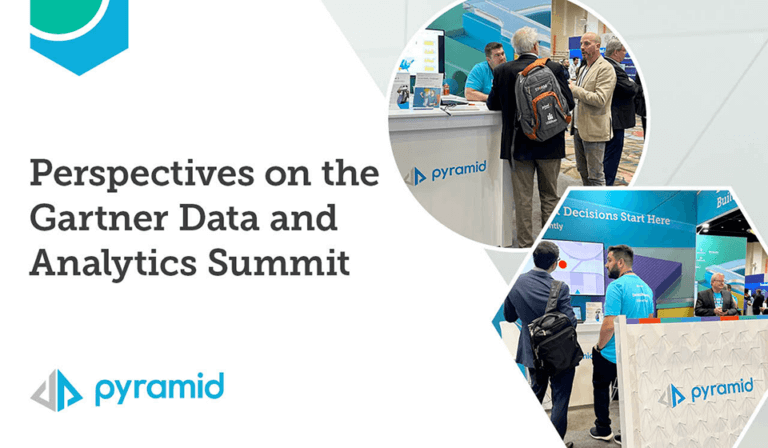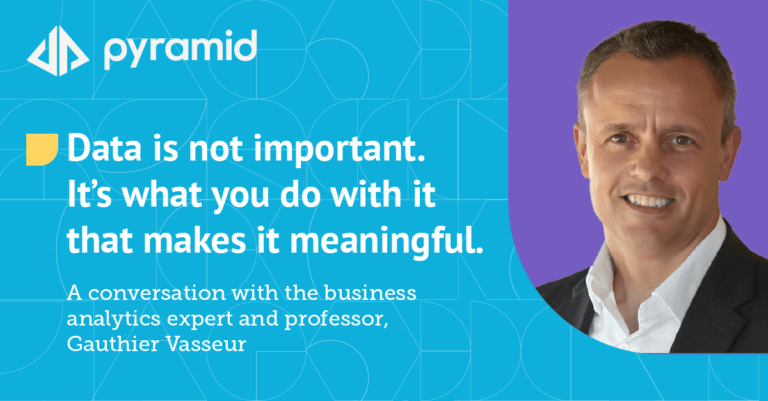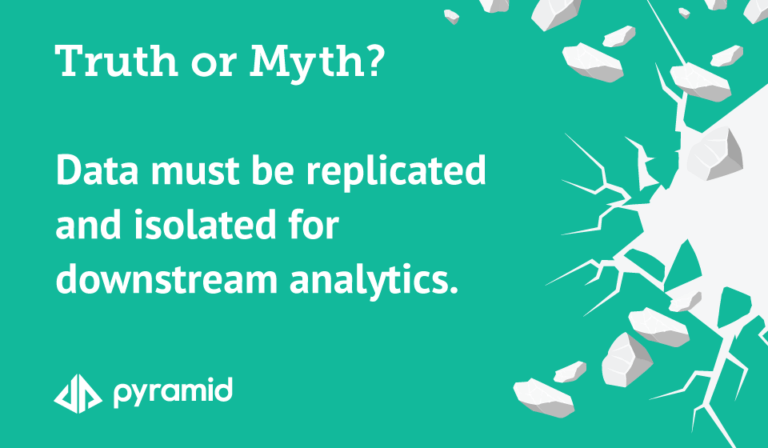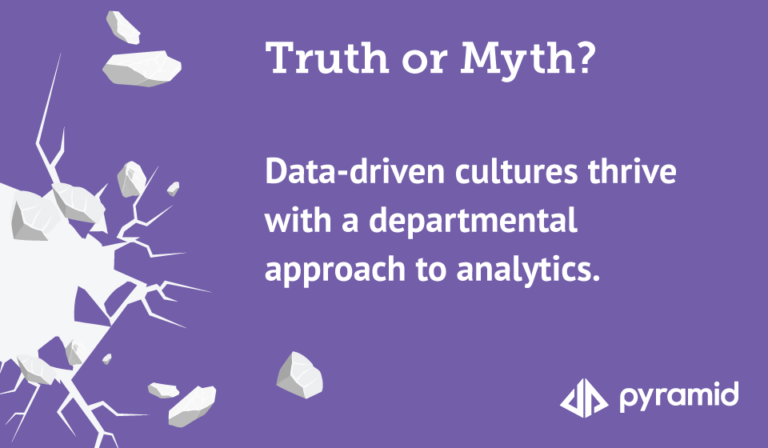Today’s business users have a passion for data. Gartner calls them citizen data scientists. And by 2019, Gartner predicts they will outproduce—measured by the total amount of advanced analysis performed—traditional data scientists.
While these individuals are not located in IT or research departments—and while they are not classically trained as data scientists—they’re excited to make decisions based on data, not on gut feelings.
But they can only succeed if they are given the right tools to analyze data.
Tools of the Trade
While there is no shortage of enthusiasm for using data to make decisions, and while many aspire to use Big Data and Machine Learning techniques in everyday business scenarios, few citizen data scientists have access to tools that allow them to do rigorous analysis without advanced skills.
The wrong tools also create problems. Lightweight decision support systems lead to incomplete analysis, point solutions only cater to personal productivity needs, and legacy business intelligence tools restrict everyday users and foster a heavy reliance on IT.
That’s why this new class of data professionals needs a solution that is powerful enough to incorporate new data sources and conduct sophisticated analysis but doesn’t require an advanced degree to use.
We designed Pyramid to be just that solution. It’s the most comprehensive, end-user-driven data analytics platform available on the market today. With Pyramid, users can:
- Prepare and model data with sophisticated-yet-intuitive point-and-click tools.
- Share and collaborate more securely and easily with an enterprise-grade content management system.
- Harness the most effective and widely used ML algorithms (Sentiment Analysis, Market Basket Analysis, Outlier Annotations, and more) from the marketplace to be immediately effective when analyzing.
- Take advantage of a wide range of Big Data sources (Apache Hive, Amazon Athena, and others) to bring deeper insights to their analysis.
- Create presentation-quality infographics and dashboards and use common controls and interactions across multiple views and data sources.
- Create and share compelling, data-driven reports quickly with intuitive publishing tools.
Importantly, Pyramid 2018 exposes real machine learning functionality in an easy-to-use interface that allows power users, analysts, and citizen data scientists to produce and share meaningful analyses using traditional and Big Data sources. Pyramid also provides a machine learning marketplace to allow users to download common script elements from the public domain or add their own scripts.
Most important, all of this functionality is available in a single tier 1 application, which means it comes with all the governance and security required in an enterprise-level solution.
Why the Right Tool Matters
When more users have access to the right tools, the number of citizen data scientists in the organization increases. And more citizen data scientists spread throughout the organization encourages the broader use of analytic processes. This speeds time to insight, delivers a quicker return on data investments, and creates an analytics culture.
There is often no substitute for domain knowledge, and that’s why it’s important that these domain subject matter experts be given the tools to conduct analysis on their own—using toolsets that emphasize analytic best practices, and don’t shirk analytic depth.
With the right tools, the citizen data scientists in your organization won’t need a lab coat, a PhD from a leading research institution, or deep knowledge of statistics and probability. They will just need a passion for data—and Pyramid—to answer their sophisticated questions.






